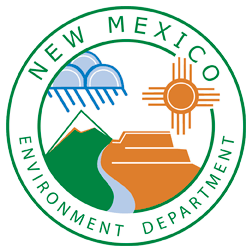What is the
Inspection of Public Records Act
Each State has their own version of the FOIA (Freedom of Information Act), which allows you to request public records from government agencies.
Calunah drafts your request letter so it’s professional and ready to submit—then you simply send it to the agency.
Our platform ensures your request is formatted correctly, saving time, and avoiding errors, while keeping your personal information private.
Whether it’s for business, research, or personal purposes, being able to request government records is your right.
How Calunah Works
Answer a few questions, let Calunah generate your letter, then download and send it confidently.
Choose Your Record Type
Answer a Few Quick Questions
Get Your Request Letter Instantly
Popular
New Mexico
Records You Can Request
Start Your
New Mexico
Records Request
We generate your letter, you submit it. We don’t contact agencies for you. That keeps your information in your control.
New Mexico
State Records FAQs
IPRA (N.M. Stat. Ann. § 14-2-1 et seq.) requires state and local agencies to make public records available for inspection and copying unless specifically exempt.
Anyone may request records; there is no citizenship or residency requirement.
Agencies must respond within three business days of receiving a request and must fulfill it within a reasonable time.
Yes. IPRA requires written requests so the agency can track and process them accurately.
Agencies may charge up to 50 ¢ per page for paper copies and reasonable costs for digital media or data compilations.
Police and crash reports, environmental permits, contracts, budgets, emails, and school records are commonly released.
Yes. Exemptions include law-enforcement investigations, medical records, trade secrets, and personal privacy information.
You may file a complaint in district court. Courts can order disclosure and award damages for willful violations.
FOIA applies to federal agencies only; IPRA covers New Mexico state and local agencies and imposes a strict three-day response deadline.
No. IPRA is open to any person, regardless of residency.




